The JoyStick Shield Module Robotics Control is an Arduino Uno-compatible expansion board that transforms your microcontroller into a full-featured gamepad or robotic controller. Designed with intuitive controls, this shield includes a two-axis analog joystick, 6 user-action buttons (plus one joystick button), and expansion headers for Bluetooth and I2C connectivity. It’s perfect for game simulation, robotics direction control, and educational prototyping.
This shield connects directly on top of the Arduino Uno or compatible boards and operates within a voltage range of 3.3V to 5V. The joystick connects via A0 (X-axis), A1 (Y-axis), and D8 (joystick button), while the six onboard buttons connect to digital pins D2–D7. With pull-up resistors and grounded signal when pressed, the board ensures clean signal transmission.
🔧 Key Features
- Compatible with Arduino Uno and similar boards
- 2-axis analog joystick (X on A0, Y on A1)
- Joystick select button connected to D8
- 6 onboard momentary push buttons (A-F)
- Built-in pull-up resistors for clean digital reads
- Bluetooth interface via 4-pin RX/TX header
- Extra I2C header (SDA/SCL with 5V & GND)
- Supports 3.3V to 5V logic level operation
- Ideal for robotic, gaming, and simulation projects
- Fully assembled and ready for plug-and-play
📐 Technical Specifications
| Product Name | JoyStick Shield Module Robotics Control |
| Compatible With | Arduino Uno and clones |
| Joystick Type | 2-axis analog thumb joystick |
| Joystick Pins | A0 (X), A1 (Y), D8 (Button) |
| Button Count | 6 + 1 joystick button |
| Button Connections | D2–D7 (Buttons A–F) |
| Voltage Range | 3.3V to 5V |
| Bluetooth Header | 4-pin: RX, TX, 3.3V, GND |
| I2C Header | 4-pin: SDA, SCL, 5V, GND |
| Dimensions | Approx. 68mm × 53mm |
| Weight | ~25g |
📌 Applications
- Robotics navigation control
- DIY game controller projects
- Arduino-based simulators
- Bluetooth remote control setups
- STEM educational kits and labs
💡 Why Choose This Joystick Shield?
The JoyStick Shield Module Robotics Control is a versatile gamepad interface for Arduino enthusiasts. Whether you’re building a robot, designing a user interface, or experimenting with game development, this shield simplifies control handling with dedicated joystick and button inputs.
📦 Package Includes
- 1 × JoyStick Shield Module for Arduino Uno


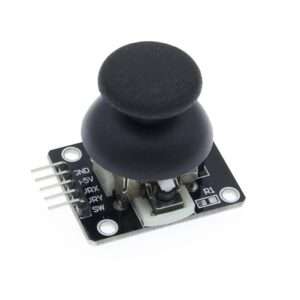


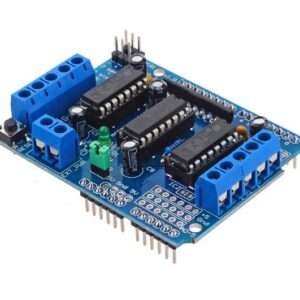

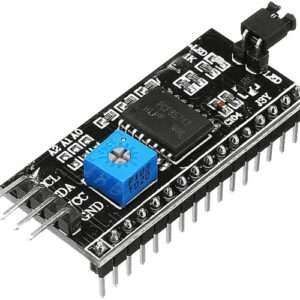
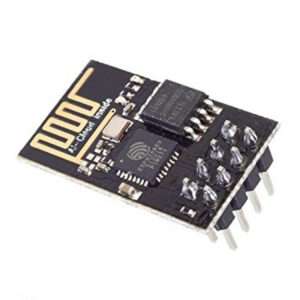
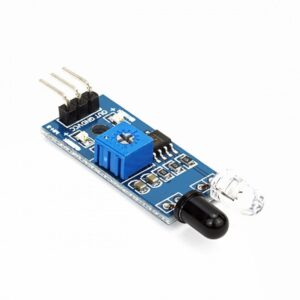
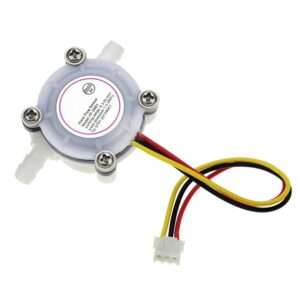
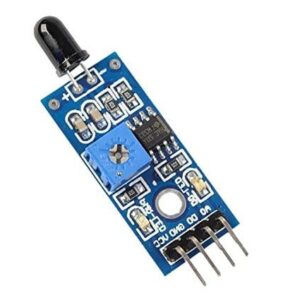
Reviews
There are no reviews yet